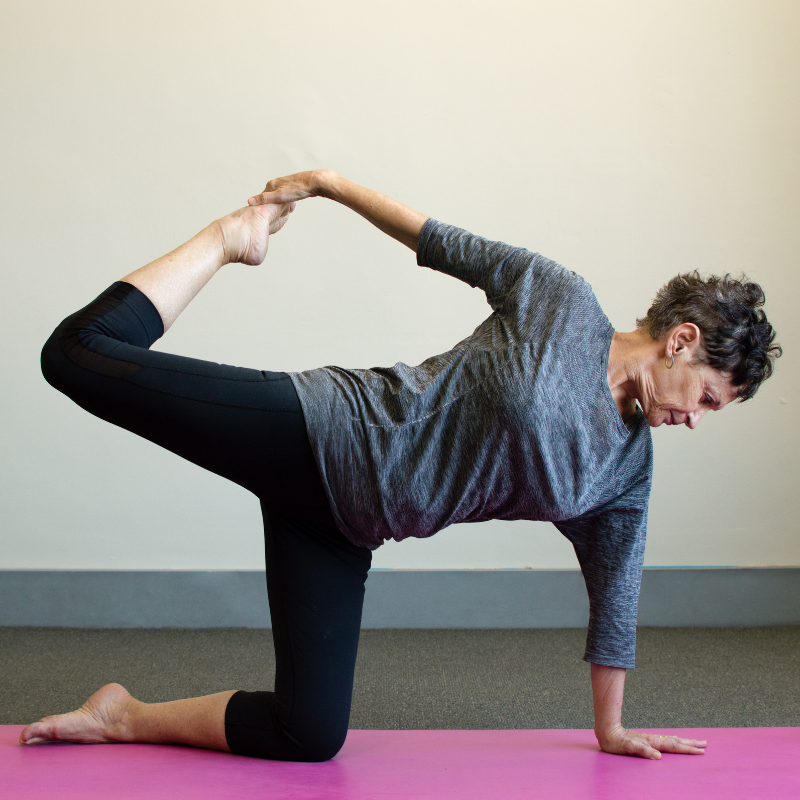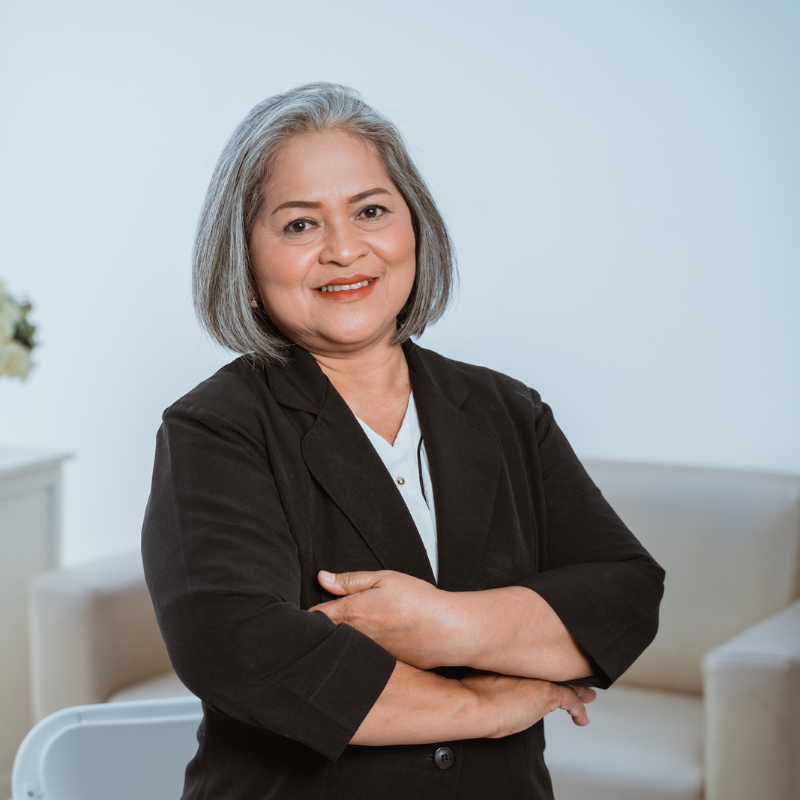An End to Real Estate Buyer’s Remorse
Recently I sat with a friend who is suffering from buyer’s remorse on a recent real estate purchase. They found themself in the same financial place as many post-retired people. When we stop working, we often don’t have the required cash flow stream to get a real estate loan.
Here are a few financial strategies that may work for this person or for you.
Assumptions: You own a home with little to no debt and the property you currently own is a fit with these strategies.
Strategy A: When the time is right, convert your existing home into a rental. The rental income is now a cash flow stream.
This cash flow stream can be maximized by including utilities and all other expenses into the rental price. For example, renting out a furnished unit for mid-term tenants, which is offered with Wi-Fi, utilities, and any other charges included in the monthly rent.
Use this cash flow stream to pull out a small amount of equity to purchase another home. Now you have equity and a cash flow stream to move forward with the purchase of a home that is a good fit for your needs.
If it suits your needs, when the time is right, you can sell your rental investment. Consider meeting the capital gains exclusion prior to placing your home on the market. Currently, the IRS allows “If you used and owned the property as your principal residence for an aggregated 2 years out of the 5-year period ending on the date of sale, you have met the ownership and use tests for the exclusion.” Learn more here: IRS Capital Gains.
Strategy B: If renting is not an option or a fit for your needs, consider selling when the time is right and then establish a securities portfolio that produces a cash flow stream.
Many people who hold their wealth in realty, they can convert that real estate into an income generating securities portfolio. Work with your lender, advisor and accountant to determine the optimal portfolio, keeping aside a fair amount in cash (money market) to use for your down payment.
Strategy C: Consider taking a hobby and converting it into a cash flow stream or returning part-time to work.
In this person’s case, they are a seasoned globe trotter. Three to four tours each year might be sufficient income to satisfy a lender. Working part-time doing something that is enjoyable, is a far different experience than working for a “paycheck”.
This strategy does come with an important footnote. You want to work through all the numbers to make sure if and when you stop working, you won’t compromise your future.
Strategy D: Given the right conditions, a reverse mortgage may be the right fit for your needs.
A home equity conversion mortgage might be the right fit for you. A reverse mortgage allows you access to your equity to use as necessary. There are three types of reverse mortgages: home equity conversion mortgage (HECM), single-purpose, and proprietary reverse mortgages. You are advised to go to the HUD website and educate yourself before selecting a lender. Give me a call and I can help you find the right professional. Here is more information by HUD.
In Conclusion: You are in a position to create a better future by using a sound investment strategy.
Work closely with a real estate advisor to develop a strategy that is a fit for your needs. Keep in mind, not all brokers and agents are alike. Make sure to find a professional who has the proper education (MBA/CPA) and experience to offer financial advice.
As a real estate advisor, all clients are educated and advised, as investors. You are not just a home buyer, you are a real estate investor on every purchase you make.
editor's pick
news via inbox
Join our Newsletter





